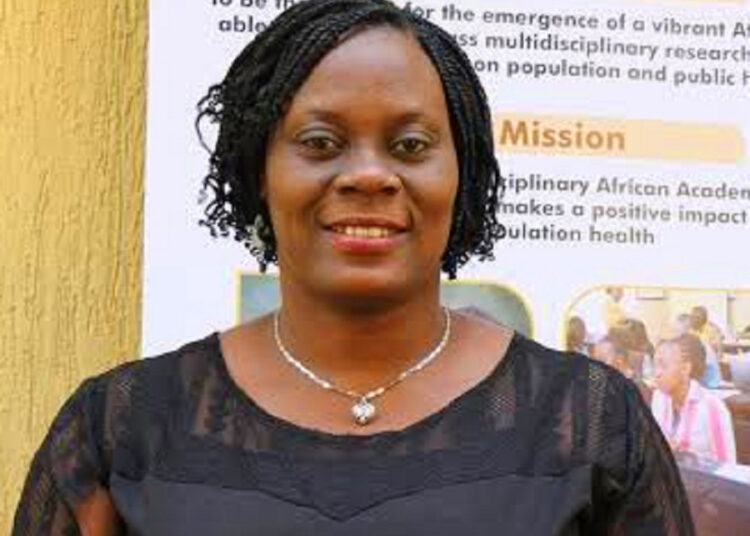Director-general of the National Agency for the Control of AIDS (NACA), Dr. Temitope Ilori, has expressed concern over the harmful effects of stigma and discrimination against individuals living with HIV/AIDS in the country, describing situation as significant barriers to achieving the set goals by 2030.
The NACA DG stated this on Tuesday at the Nigeria HIV Prevention Conference, with the theme: “Accelerating HIV Prevention to End AIDS through Innovations and Community Engagement”, in Abuja.
She, therefore, emphasised the need for inclusive, person-centred strategies, as well as focusing on community-based interventions while promoting local ownership and sustainability of the response efforts.
Ilori noted that the theme for this year underscored the importance of community involvement in shaping effective prevention strategies while ensuring access to treatment for those living with HIV/AIDS.
“Despite our achievements, our work is far from over. We must redouble our efforts to prevent mother-to-child transmission and strive for an AIDS-free generation by 2030, leveraging the advancements in health technology at our disposal.
“Stigma and discrimination remain significant barriers to achieving our goals by 2030. We must educate and sensitize people about the harmful effects of stigma and discrimination against individuals living with HIV/AIDS.
“Our strategies must be inclusive, person-centred, and sensitive to the needs of adolescents, young people, key populations, and people living with HIV/AIDS. We must also focus on community-based interventions while promoting local ownership and sustainability of our response efforts,” she said.
Meanwhile, the minister of state for Health, Dr Tunji Alausa, has expressed his commitment to focusing on having a solid foundation for improved ownership and sustainability of the HIV response in the country, while tasking NACA on reliable data.
The minister also spoke on facilitating an AIDS-free generation, where no child will be born HIV positive in the country.
In his goodwill message, the country director for UNAIDS, Dr Leo Zekeng, identified several obstacles to Nigeria’s HIV response, including the lack of political commitment to prevention, inadequate state government’s investment, and funding limitations.
He emphasised the need to scale up investment in prevention kits and address challenges such as data collection, legal and political environments, and community engagement, while urging participants to explore innovative strategies during the conference to curb new infections.
Also speaking at the conference, the national coordinator, Network of People Living with HIV/AIDS in Nigeria (NEPWHAN), Abdulkadir Ibrahim, affirmed the network’s unwavering support for NACA’s pursuit of its objectives.
Ibrahim noted the importance of collaborative efforts, highlighting challenges in the country’s data management system.
He stressed the critical need for unity among stakeholders to advocate for government and partner’s support.
The conference’s objectives include optimising innovative HIV prevention approaches towards achieving epidemic control, promoting equitable and inclusive human rights-based approaches to HIV Prevention, and strategising for increased domestic funding towards community ownership and sustainability of HIV prevention programmes.





